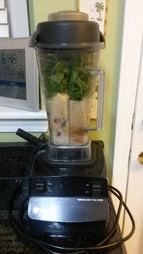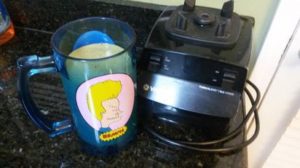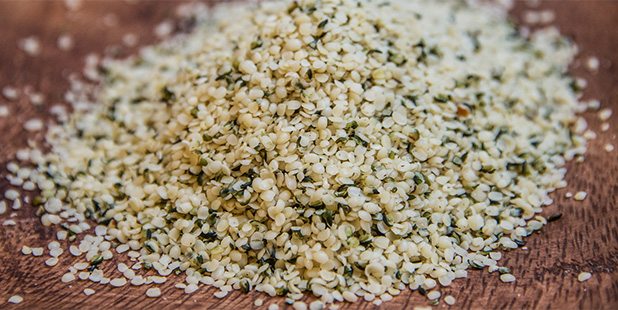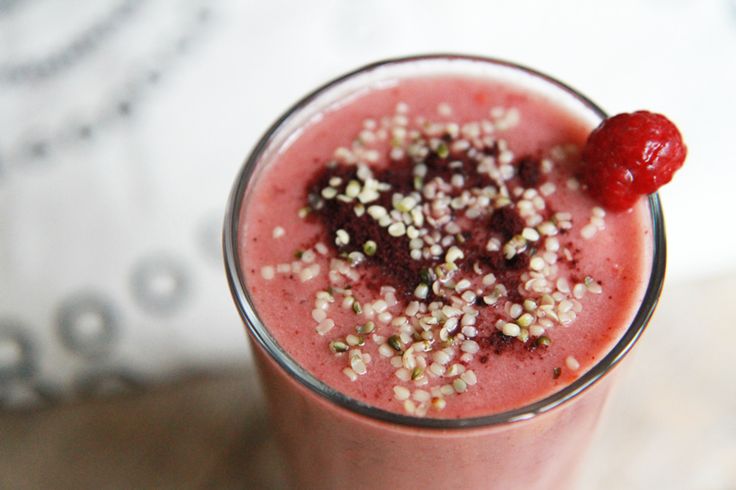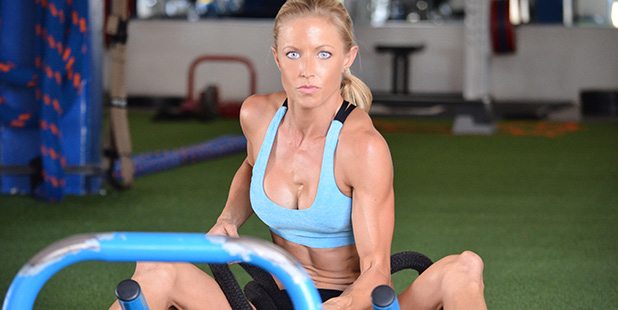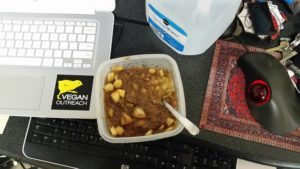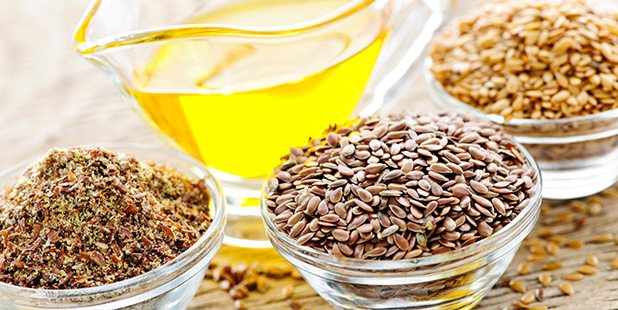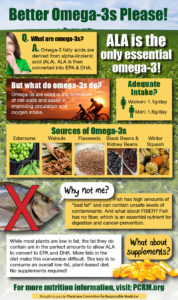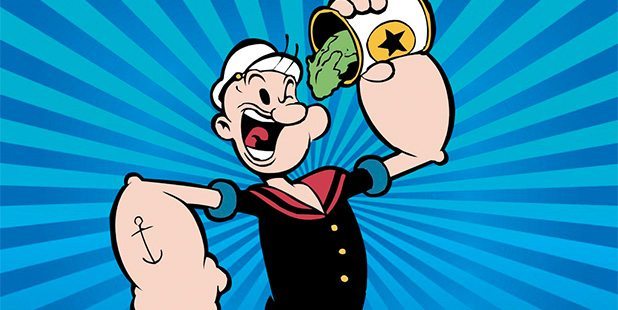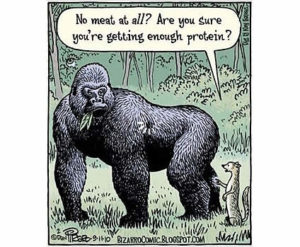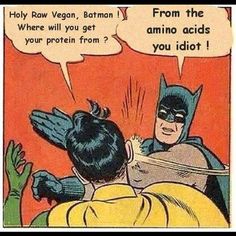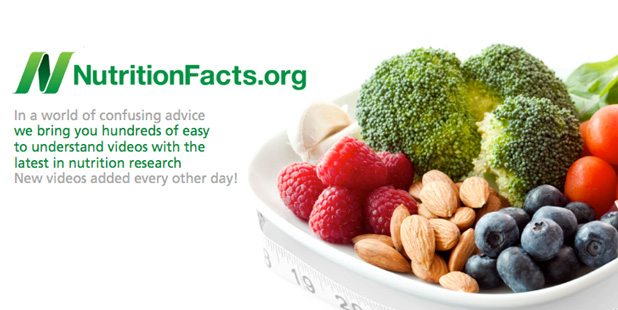Keeping your belly happy is an essential part of keeping your body healthy.
We all try our best to eat a healthy diet — getting enough of the three macronutrients (fats, carbohydrates and protein) and a sufficient amount of the necessary vitamins and minerals for a healthy life. One thing many of us neglect is our gut health — the bacteria that call our digestive system home to help us break down and absorb our food.
What can you do to improve your gut health and why do you really need probiotics in your diet?
What Affects Your Gut Health?
First, let’s take a look at your gut bacteria. No one likes to think about their gut being filled with bacteria, but these little microscopic organisms play a vital role in digestion. A number of things can negatively affect your gut health, including:
- Eating too much of the same thing — If you eat the same thing all the time, you’ll create an environment that only supports a specific type of bacteria. Eat more diverse foods to start healing your gut health.
- Lack of healthy fiber in your diet — Healthy fibers, known as prebiotics, help to promote the growth of healthy gut bacteria.
- Drinking Too Much Alcohol — Alcohol in moderation can be good for your health, but drinking too much can unbalance your gut bacteria.
- Taking Antibiotics — Antibiotics are necessary, but while they kill the bacteria making you sick, they’ll also kill your healthy gut bacteria.
This is a small sample of the things that can play a role in your gut health. What can you do to ensure a healthy crop of gut bacteria?
What Are Probiotics?
We are constantly bombarded by food advertisements for things like saurkraut and kimchi claiming that these foods are filled to the brim with healthy probiotics, but what actually are probiotics?
Probiotics are defined as good bacteria that are similar or identical to the healthy bacterium that already exists in your body. Introducing these bacteria into your digestive system can help to repair the balance of bacteria in your gut. They can be found in foods or in supplements available for purchase at your local health food store.
Where Can I Find Probiotics?
Without taking supplements, what can you do to add more probiotics to your diet?
- Enjoy some German food — Specifically, eat some sauerkraut. The fermented cabbage that is a staple of German cuisine is also a great source of natural probiotics. Make sure you’re not getting pasteurized sauerkraut though — that kills the healthy bacteria. It’s still tasty, but it’s not as good for your gut.
- Eat some coconut yogurt — You can’t have coconut yogurt without bacteria. For the best results, look for coconut yogurt labeled as containing active cultures.
- Head to Japan — Miso, a staple in Japanese cuisine, is another great source for probiotics. Miso is made from fermented soybeans and makes a great appetizer or soup.
- Indulge in Kombucha — This fermented tea might sound gross, but it’s packed full of bacteria good for your gut. Some people even swear it helps to give them more energy or lose weight, but in general it’s a great source of healthy gut bacteria.
Most fermented foods have a high amount of good bacteria. Tempeh, an Indonesian soy food is another great option if you can find it. It can be hard to get authentic tempeh in the United States due to FDA regulations regarding pasteurization.
Why Do I Need Probiotics?
Why do you need to focus on keeping up with your gut health and adding probiotics to your diet? There are more than a few reasons why you should consider adding some healthy probiotics to your diet. Our favorites include:
- You should trust your gut. You’ve actually got neurotransmitters in your gut, like in your brain. If your gut is out of whack, it can negatively affect your brain’s neurotransmitters. There are some studies right now looking at an unbalanced gut as a possible cause for Parkinson’s disease.
- It strengthens your immune system. Studies have found that having a healthy cross-section of gut bacteria contributes to a stronger immune system. It can even help with cancer treatments by improving chemotherapy effectiveness and stopping malignant tissue growth.
- They help to speed up your metabolism. While probiotics might not be the secret weapon for easy weight loss, having a healthy gut can help speed up your metabolism making it easier to lose weight.
- It might help fix your bad breath. If you keep up with your brushing and flossing regimen and your oral health is otherwise good, but you still suffer from bad breath, it might be coming from your gut. Healthy gut bacteria can help to reduce your chances of suffering halitosis.
With all these benefits that are either directly or indirectly related to your gut health, what are you waiting for? Head to the store, change up your diet and add some healthy fermented foods to your shopping cart. Good probiotics can help get your gut back in balance, improving your overall health and wellness with just a few cups of Kombucha.
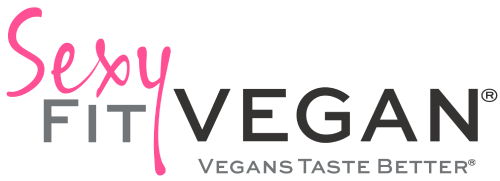
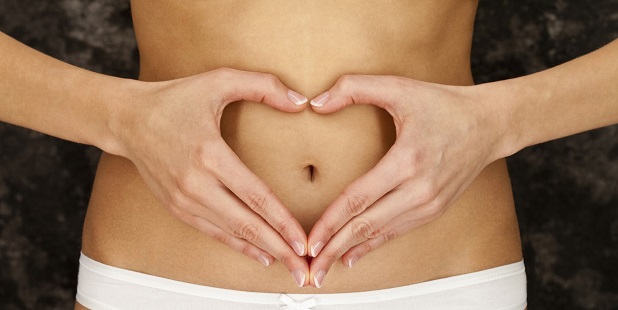
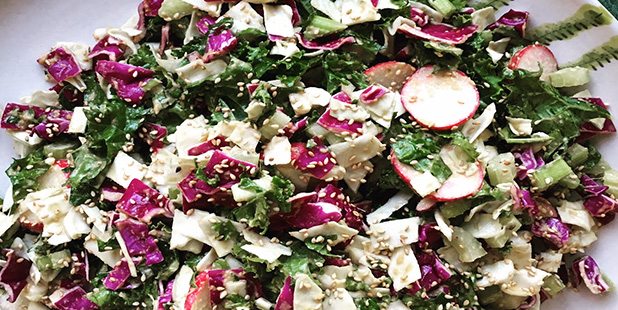
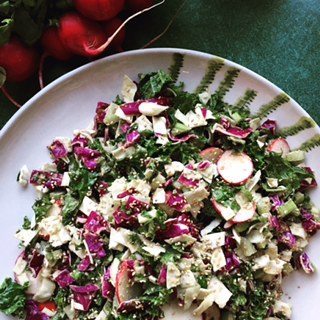
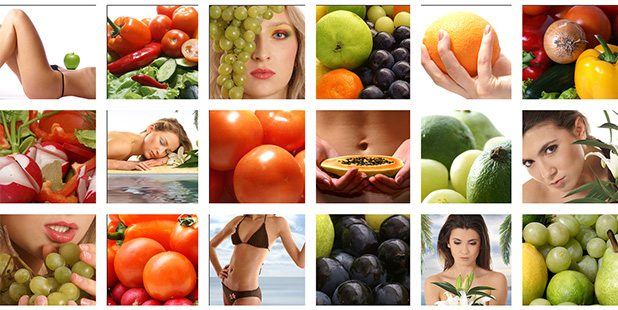
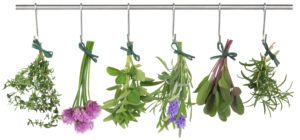
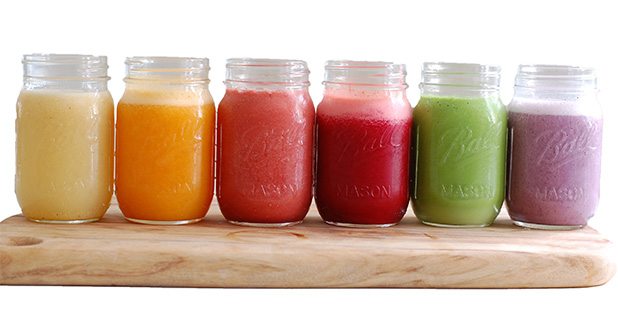
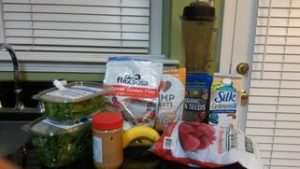 ve to do is dump it in your blender, add your choice of liquid base and blend!
ve to do is dump it in your blender, add your choice of liquid base and blend!